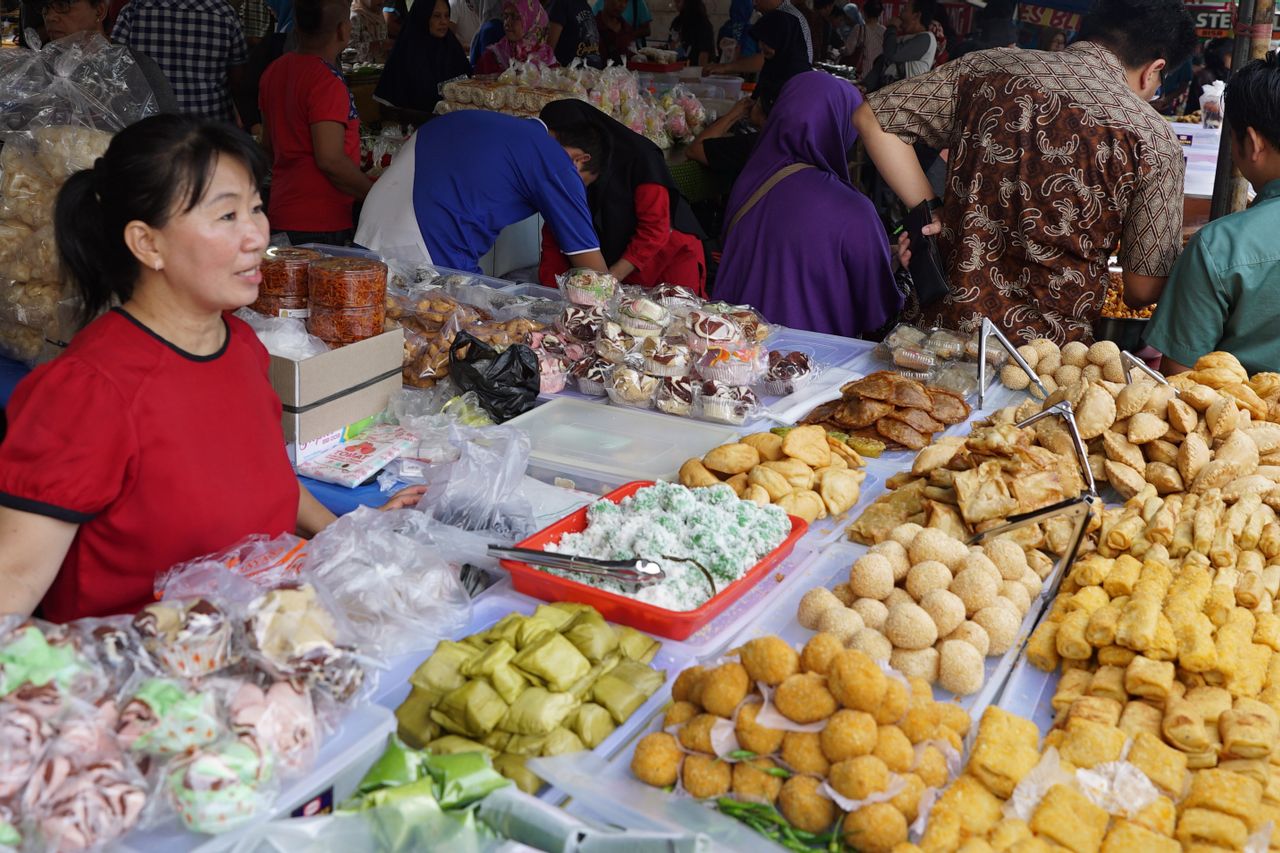As Many As 35 Percent Of Informal Workers Do Not Have Health Insurance

JAKARTA - Research from the Indonesian Institute of Sciences (LIPI) through the Population Research Center said that 35 percent of household heads (RT) who work in the informal sector do not have health insurance. The research was published by LIPI on Friday, December 20.
"They don't have it," said LIPI Senior Researcher Dewi Harfina, saying the data was obtained after conducting research on 1,800 household heads spread across 6 provinces.
He mentioned the general description that informal sector workers are residents who work in the informal sector and informal sector workers surveyed by LIPI are those who work in various fields of work in the informal sector which legally have a clear working relationship and their income is not tax deductible.
"They are also a group of people who want social protection," he said.
When disaggregating by economic perspective, LIPI found that two percent of them are under the poverty line and eight percent are vulnerable to poverty. Meanwhile, the other 25 percent are not in poor condition.
However, even though they are not in poor condition, many of them still do not have health insurance. Meanwhile, based on the coverage of JKN membership in the six provinces surveyed, it turns out that each region has a different membership coverage.
"However, in general, we can conclude that generally the participation is in urban areas.
Urban areas tend to have a greater coverage than rural areas, which is around 84.1 percent. Then, based on the stipulation that each head of household is required to register a household member, the LIPI research found that in fact 25 percent of household heads of informal sector workers have registered with JKN but there are still members of their household who have not become participants.
Head of LIPI Population Research Center Herry Jogaswara said that the informal sector supports employment. According to a national labor force survey in 2018, around 57 percent of Indonesia's population engaged in economic activities in the informal sector.
With a weak legality position and relatively lower levels of productivity and wages compared to formal sector workers, people who work in the informal sector are included in the category of vulnerable groups. They are also included in the group of residents who have difficulty accessing social security.
Herry said that the lack of public knowledge about the benefits of social security is one of the reasons for the low participation of actors in informal economic activities in the government's social security program.
Research results from the LIPI Population Research Center on social security issues in North Sumatra, West Java, Yogyakarta, East Java, South Sulawesi and East Nusa Tenggara show that the level of participation of informal sector workers in state social protection programs is not optimal.
"It means there is a big question mark why they are not part of protecting themselves," said Deputy for Social Sciences and Humanities, LIPI Tri Nuke Pudjiastuti.
Informal workers are generally not part of the government's social protection programs, both those administered by the Health Social Security Administration (BPJS) and the Employment BPJS, because they do not have sufficient information about social security programs.
According to LIPI's research results, rural residents' knowledge of the National Health Insurance (JKN) is still very low, so the use of JKN among informal sector workers is also low.
"Even though we all know when we see in the media that the efforts to disseminate and socialize these two BPJS have been extraordinary," said Tri.
Herry said that the government needs a comprehensive policy strategy to address social security problems in the informal sector because informal groups have high levels of segmentation and different vulnerabilities.
